 —————
—————
Hellraisers Journal – Thursday December 10, 1914
Denver, Colorado – District 15 Calls Off Long Strike, Recognizes “No Surrender”
Meeting in convention in Denver, delegates of District No. 15 of the United Mine Workers of America unanimously voted to call off all strikes in the coal fields of Colorado, this decision to be effective on December 10th in both the northern and southern regions of the state.
The striking miners and their families endured through the long Colorado winter, living in tents after being evicted from the company towns. They faced hundreds of armed company guards who were deputized by the local sheriffs, a state militia infested with such company gunthugs, mass imprisonment, search lights that terrorized them in their tents at night. And yet their determination and solidarity remained unbroken.
Finally, with the spring, came the Ludlow Massacre followed by the ten day war. And still they remained determined to endure to the end. Now, many months later, that great strikebreaker, hunger, haunts them as they face another winter in the tents.
Their hopes for justice now depend on yet another committee and yet another investigation. This time, the committee is appointed by President Wilson. There is no agreement from the coal operators, led by Rockefeller’s Colorado Fuel and Iron Company, to abide by the findings of said committee.
In announcing the termination of the strike, the United Mine Workers of America recognized no surrender:
We recognize no surrender and shall continue to propagate the principles of our humanitarian movement throughout the coal fields of Colorado.
From The Cincinnati Enquirer of December 9, 1914:
STRIKE
———-
Ended in Colorado.
———-
Miners Act Favorably on
Advice of Executives.
———-
Troops May Be Called Off
Immediately.
———-
Order For Return of Men
To Pits Marks Finish
———-
Of Industrial Struggle That Has Cost Millions
and Lives of Scores of Combatants
———-
SPECIAL DISPATCH TO THE ENQUIRER.
Denver, Colo., December 8.-The coal miners’ strike in both the Northern and Southern Colorado coal fields was called off to-night. the miners voted to end the strike on December 10. This action was taken by the the convention of District No. 15 of the United Mine Workers of America by a unanimous vote late to-night after an all-day session, and ratifies the report of the International Executive Board introduced to-day recommending the termination of the strike.
The Executive Committee recommended ending the strike on the ground that such action would strengthen the union’s position in view of the appointment by President Wilson of a permanent commission, headed by Seth Low, to consider future differences in the coal fields.
Frank J. Hayes, International Vice President, in a statement to the convention explained in detail the reasons which impelled the International Board to make its recommendations, and there followed in executive session a lengthy and spirited discussion.

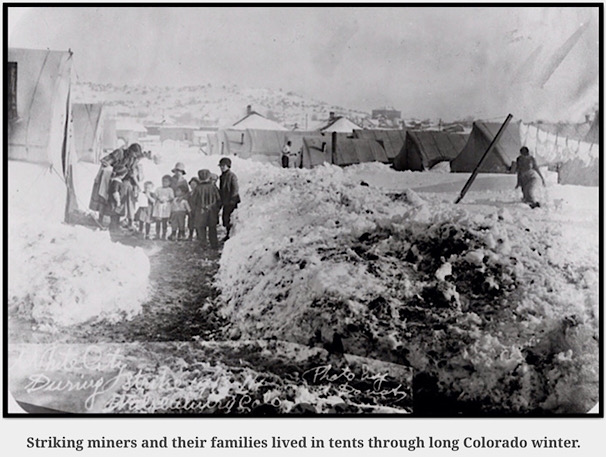
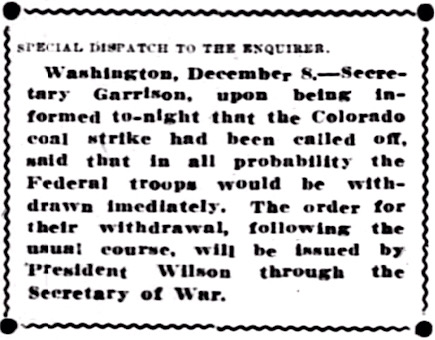
 —————
—————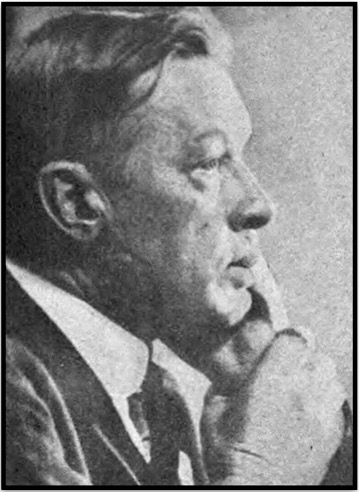
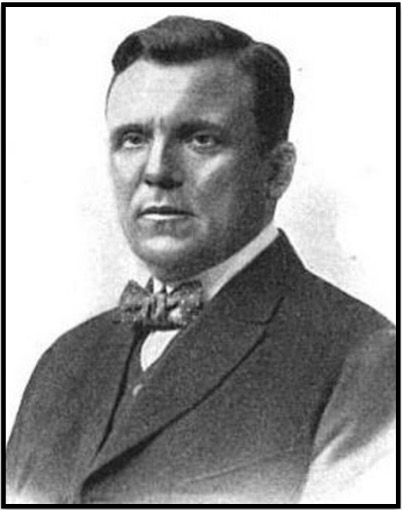
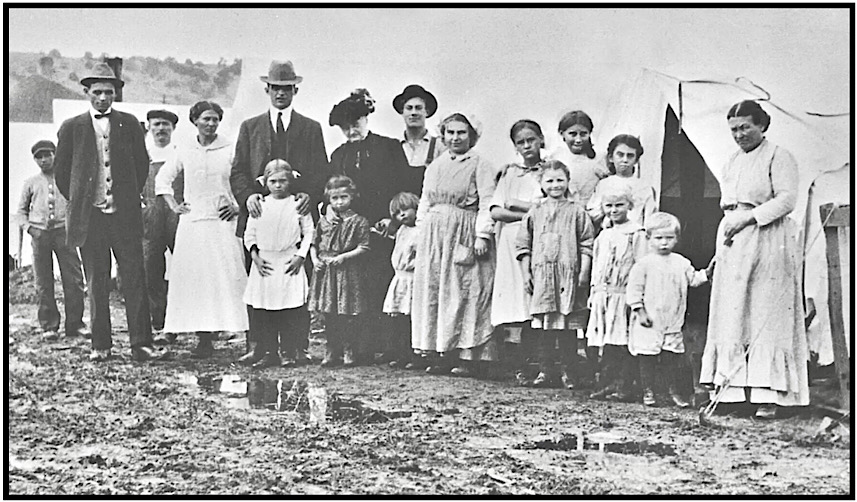
 —————
—————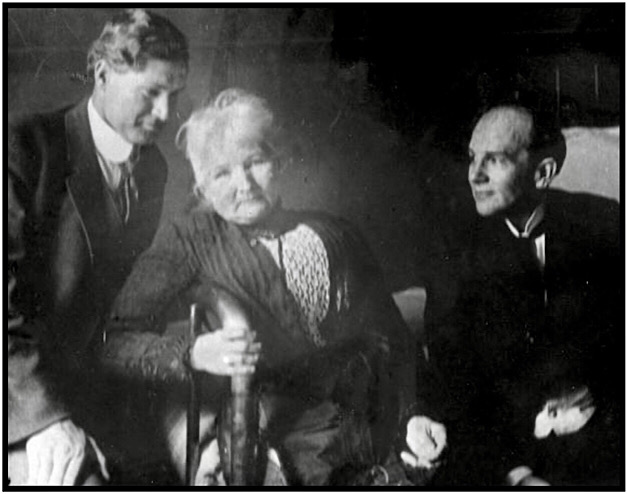
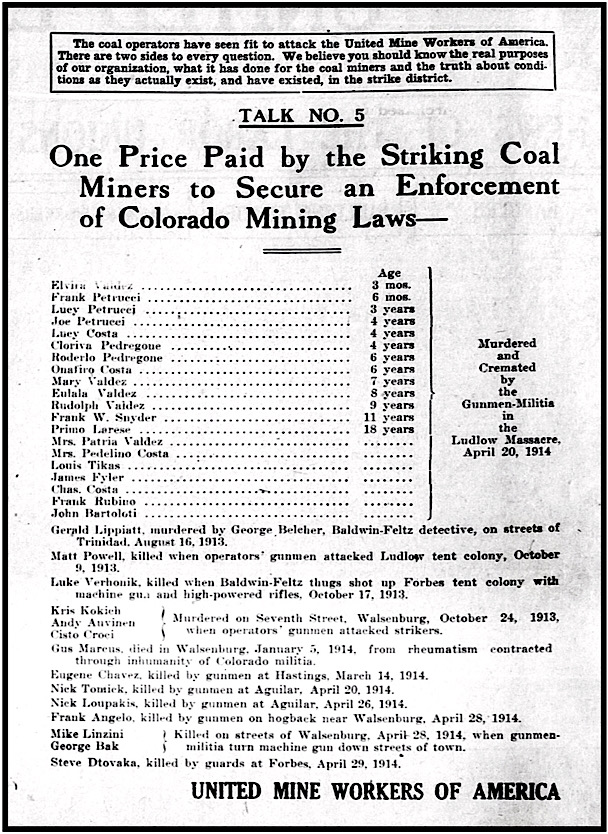
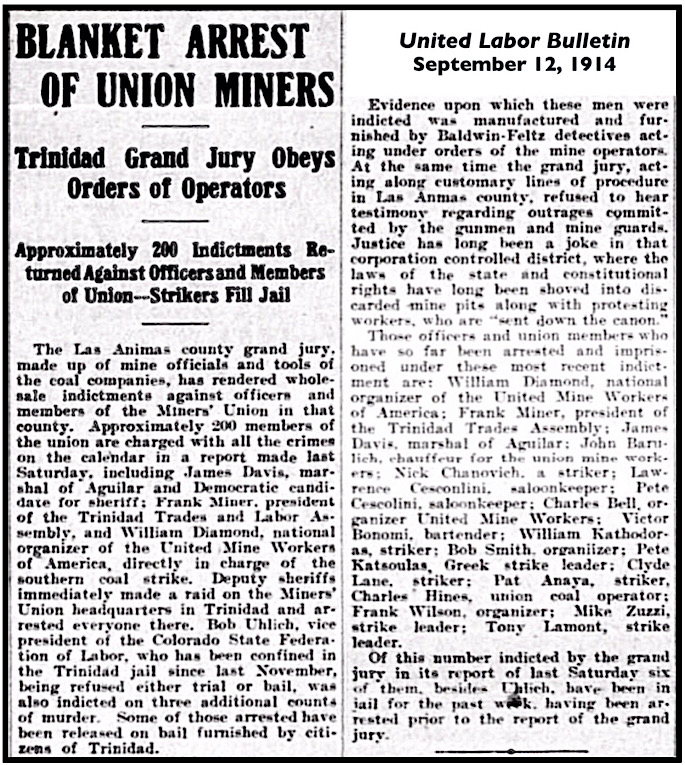
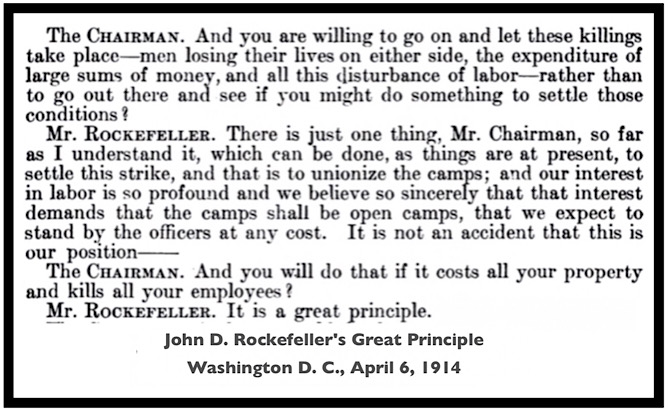 —————
—————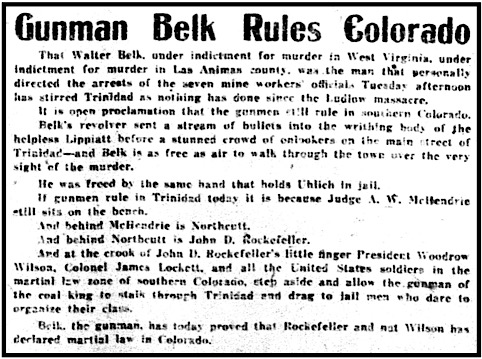
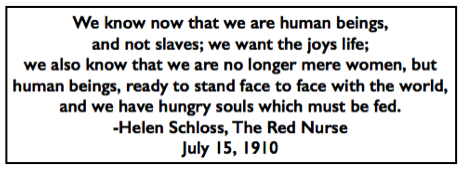 —————-
—————-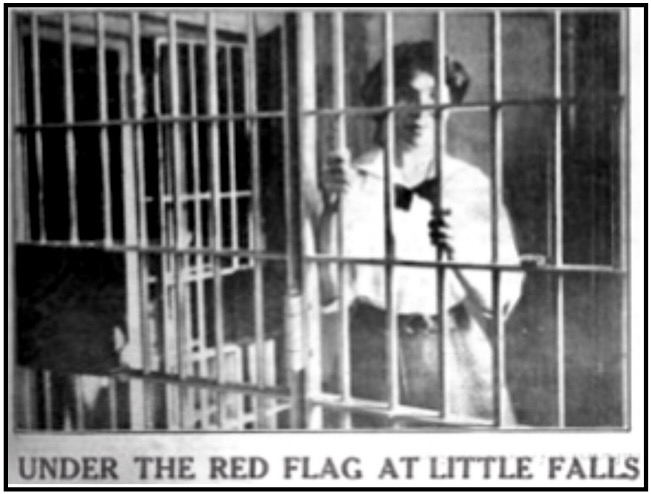
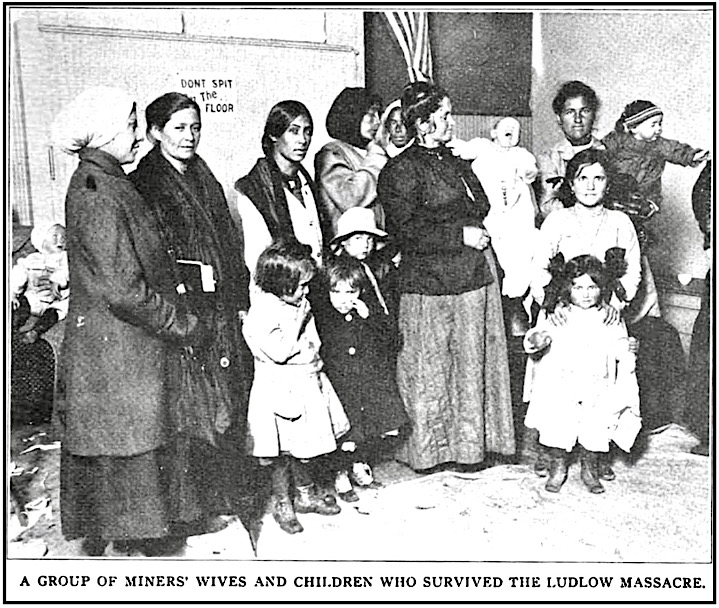
 —————
—————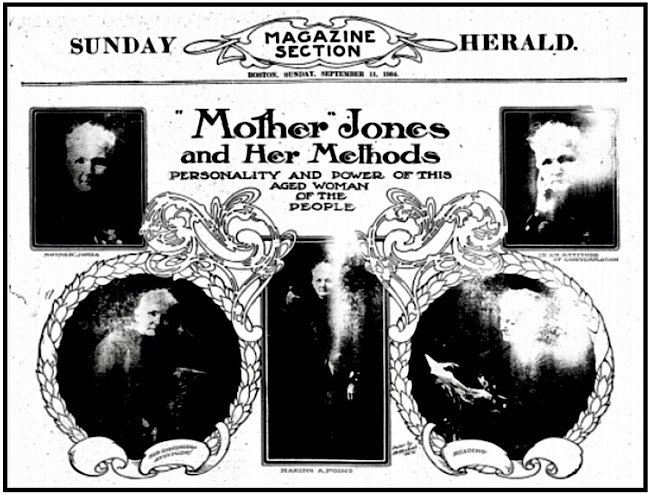
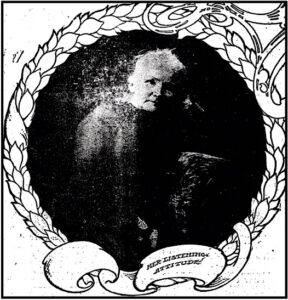 The mother nature which is so strong in this remarkable woman as to have given her her beautiful soubriquet is not revealed among the ordinary surroundings which come to her during her brief sojourns in Chicago, New York or Washington, but is at once ready to shine forth when she is among the workers whom she calls her children-the girls of the silk mills, the men in the coal fields, or in the humble homes among the mothers and children.
The mother nature which is so strong in this remarkable woman as to have given her her beautiful soubriquet is not revealed among the ordinary surroundings which come to her during her brief sojourns in Chicago, New York or Washington, but is at once ready to shine forth when she is among the workers whom she calls her children-the girls of the silk mills, the men in the coal fields, or in the humble homes among the mothers and children.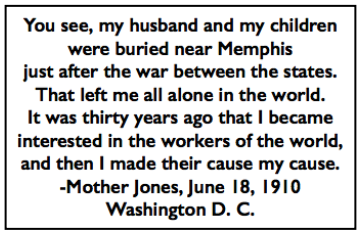 —————
—————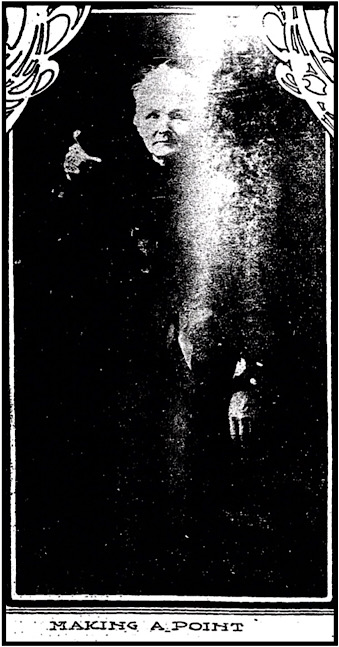 “Mother” Jones is an old woman, perhaps about 62 years of age. Her hair is white as snow, her eyes bright blue. She has a sweet, womanly mouth, and a pink flush in her cheeks. She is robust and healthy in appearance, with a good matronly figure. In dress she is quite plain, often almost shabby; though there is a neatness, almost a daintiness, about her which always gives her an agreeable appearance.
“Mother” Jones is an old woman, perhaps about 62 years of age. Her hair is white as snow, her eyes bright blue. She has a sweet, womanly mouth, and a pink flush in her cheeks. She is robust and healthy in appearance, with a good matronly figure. In dress she is quite plain, often almost shabby; though there is a neatness, almost a daintiness, about her which always gives her an agreeable appearance.